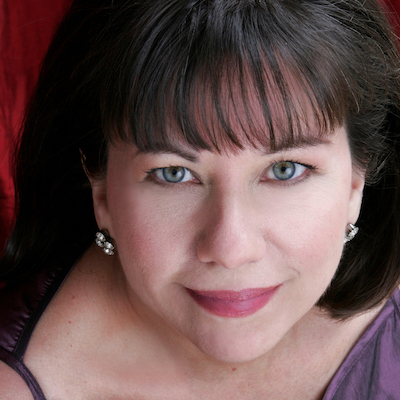Music of Kodaly stands out in a rough night from pianist Eder

Terry Eder performed in the final season event of the Key Pianists series Monday night at Weill Recital Hall. Photo: Heidi Gutman
One of the advantages of working at the edges of the mainstream music business is that an artist can bring an audience to fine music that they otherwise would not have the opportunity to hear. That is one half of the essence of Key Pianists, Terry Eder’s concert series that present offbeat repertoire by musicians, who have the kind of careers that involve teaching or research as much as concertizing.
Eder herself closed the current fourth season of Key Pianists with a performance Monday night in Weill Recital Hall. She has a special personal interest in music from Eastern Europe, especially Hungary, and some such works were on a program that had a broad scope through styles and epochs.
But as a concert, it was often a rough and frustrating experience—surprisingly so for this fine musician. The best moments, which came after intermission and were quite fine, were bookended by some difficult and unsuccessful playing.
Eder has recorded some of Ernst von Dohnányi’s piano music, and she started with his moody, brooding Intermezzo in F minor, Op. 2, No. 3, from the composer’s 4 Klavierstücke. Immediately, things seemed a little off.
The timing between notes, and the balance between those spaces, was just uneven enough to leave phrases feeling unsettled, unfulfilled in the way that a sentence promising some enlightenment might trail off into ellipses. Musical ideas came to the precipice of being fully formed, but none were truly realized.
One thought this may have been the result of interpretive indecision. But the following works—Schubert’s Impromptu No. 1 in F minor, D. 935, and Beethoven’s Piano Sonata No. 28— had one realizing the problems were technical, and they were real problems.
The mood of the Impromptu took some time to clarify; at first it seemed nostalgic, but then dried out into a nice, sober clarity, and Eder seemed poised to let the music speak for itself. But soon she started fighting with the music, struggling again with phrases, but also with basic execution. Mistakes are temporary and usually inconsequential, but she had problems playing sequences of sixteenth notes, and bass notes were frequently wrong.
The opening movement of the Beethoven sonata was fine, and Eder put the wistful, imaginative harmonies on display. But her technical struggles returned with the second movement, again getting in the way of her music making. An excellent transition from the third to final movement was in the end thwarted by problems with basic four-note patterns in the right hand which threw a knot into every coherent passage. A clueless audience member’s electronic device breaking out into an extended samba didn’t help matters.
There was a transformation for most of the second half, beginning with superb performances of four pieces by Kodály: the Transylvanian Lament (No. 2 in his Op. 11 Seven Pieces for Piano), his Op. 3, No. 7 Allegro giocoso, the Méditation sur un motif de Claude Debussy, and the Op. 11, No. 4 Epitaphe. Like Bartók, the music was full of color and jaunty rhythms. Eder’s playing was so fluid and secure, especially in the improvisatory Epitaphe, that one could just listen with pleasure.
The excellent Méditation had one anticipating the following music, Book I of Debussy’s Images. As with the previous set of pieces, Eder’s playing was superb. She maintained a balance between poetry and form, eschewed easy indulgence in Debussy’s sensual sonorities, and pointed up the clarity of Debussy’s rhythms. It was refreshing to hear the music approached with such interest in the structure, which let the effect take care of itself.
She finished with L’isle joyeuse, and, once again, it was rough going. Where Images was flowing and pure, this was uneven, even awkward, and at one moment was on the edge of faltering completely.
Eder dashed off Chopin’s G-flat Waltz, Op. 70, with elan, and that left one with a good feeling and the inclination to chalk it up to a bad night from a good pianist, something which afflicts us all.
Terry Eder plays Schumann’s Piano Concerto with the Adelphi Orchestra, 7 p.m., May 11, at Good Shepherd-Faith Presbyterian Church. adelphiorchestra.org






